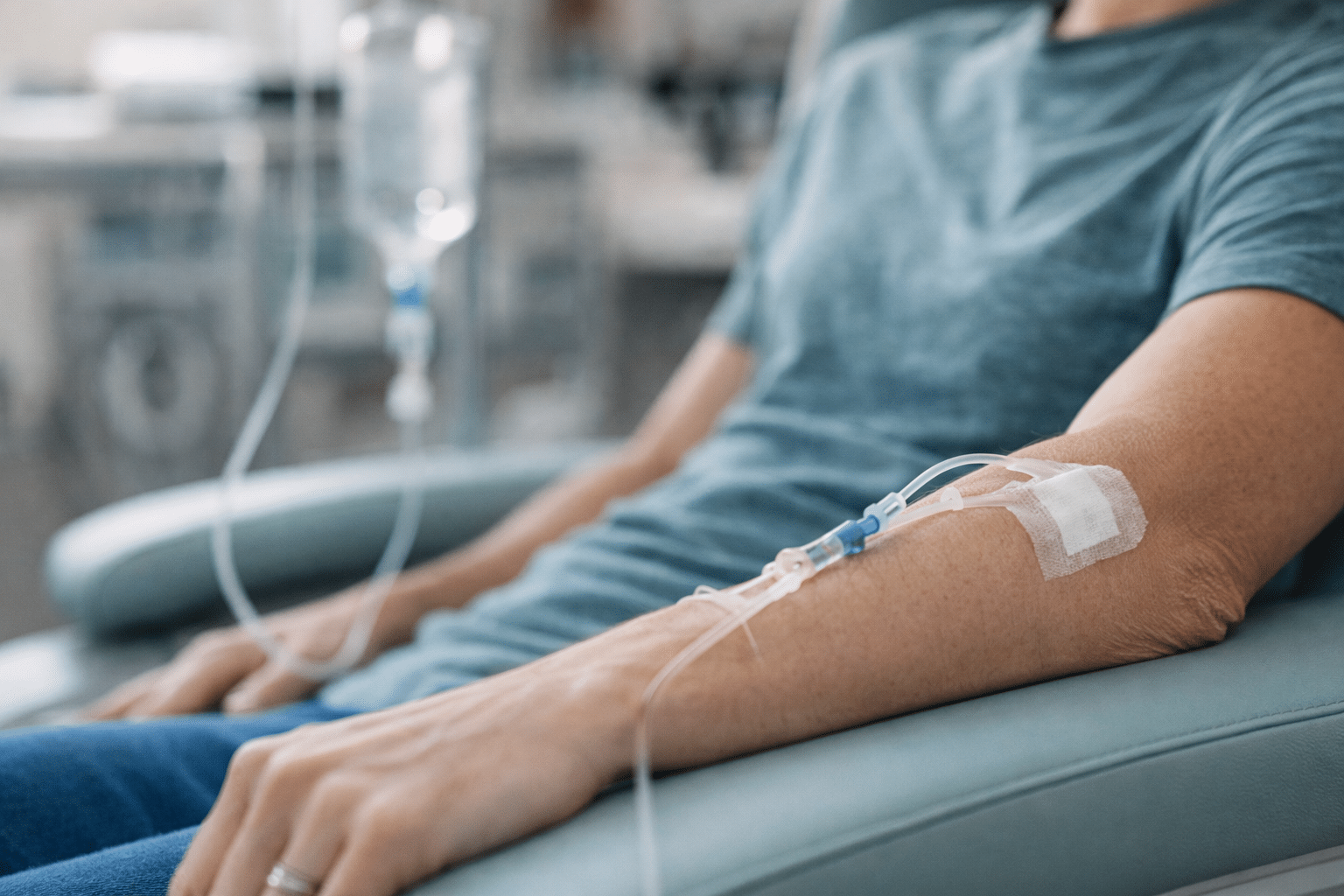Bipolar disorder (formerly called manic-depressive illness or manic depression) is a mental disorder that causes unusual shifts in mood, energy, activity levels, concentration, and the ability to carry out day-to-day tasks.
There are three types of bipolar disorder. All three types involve clear changes in mood, energy, and activity levels. These moods range from periods of extremely “up,” elated, irritable, or energized behavior (known as manic episodes) to very “down,” sad, indifferent, or hopeless periods (known as depressive episodes). Less severe manic periods are known as hypomanic episodes.
- Bipolar I Disorder— defined by manic episodes that last at least 7 days, or by manic symptoms that are so severe that the person needs immediate hospital care. Usually, depressive episodes occur as well, typically lasting at least 2 weeks. Episodes of depression with mixed features (having depressive symptoms and manic symptoms at the same time) are also possible.
- Bipolar II Disorder— defined by a pattern of depressive episodes and hypomanic episodes, but not the full-blown manic episodes that are typical of Bipolar I Disorder.
- Cyclothymic Disorder (also called Cyclothymia)— efined by periods of hypomanic symptoms as well as periods of depressive symptoms lasting for at least 2 years (1 year in children and adolescents). However, the symptoms do not meet the diagnostic requirements for a hypomanic episode and a depressive episode.
Signs and Symptoms
People with bipolar disorder experience periods of unusually intense emotion, changes in sleep patterns and activity levels, and uncharacteristic behaviors—often without recognizing their likely harmful or undesirable effects. These distinct periods are called “mood episodes.” Mood episodes are very different from the moods and behaviors that are typical for the person. During an episode, the symptoms last every day for most of the day. Episodes may also last for longer periods, such as several days or weeks
Diagnosis
Proper diagnosis and treatment can help people with bipolar disorder lead healthy and active lives. Talking with a doctor or other licensed health care provider is the first step. The health care provider can complete a physical exam and order necessary medical tests to rule out other conditions. The health care provider may then conduct a mental health evaluation or provide a referral to a trained mental health care provider, such as a psychiatrist, psychologist, or clinical social worker who has experience in diagnosing and treating bipolar disorder.
Mental health care providers usually diagnose the bipolar disorder based on a person’s symptoms, lifetime history, experiences, and, in some cases, family history. Accurate diagnosis in youth is particularly important.
Bipolar Disorder and Other Conditions
Some bipolar disorder symptoms are similar to those of other illnesses, which can make it challenging for a health care provider to make a diagnosis. In addition, many people may have bipolar disorder along with another mental disorder or condition, such as an anxiety disorder, substance use disorder, or an eating disorder. People with bipolar disorder have an increased chance of having thyroid disease, migraine headaches, heart disease, diabetes, obesity, and other physical illnesses.




